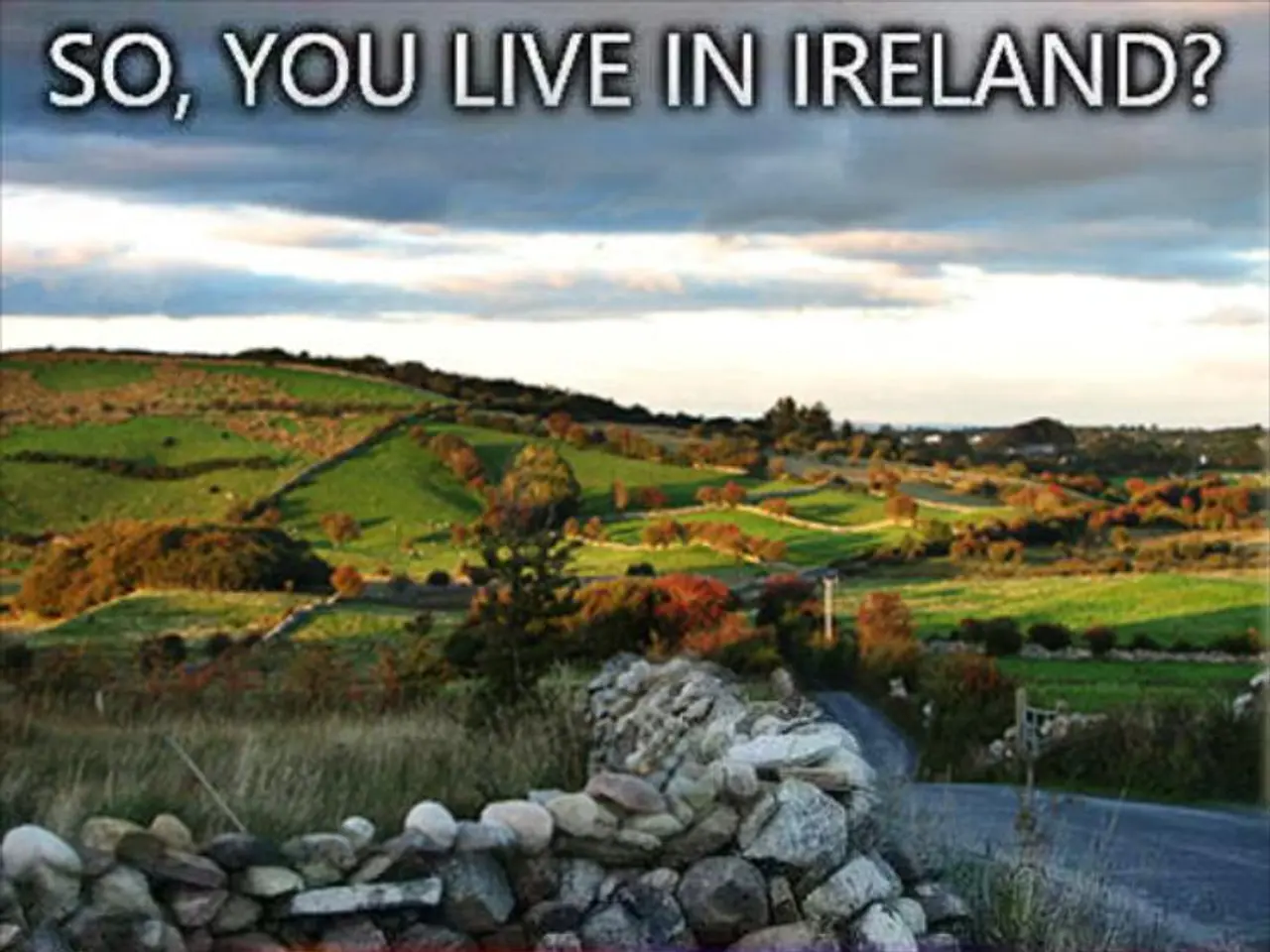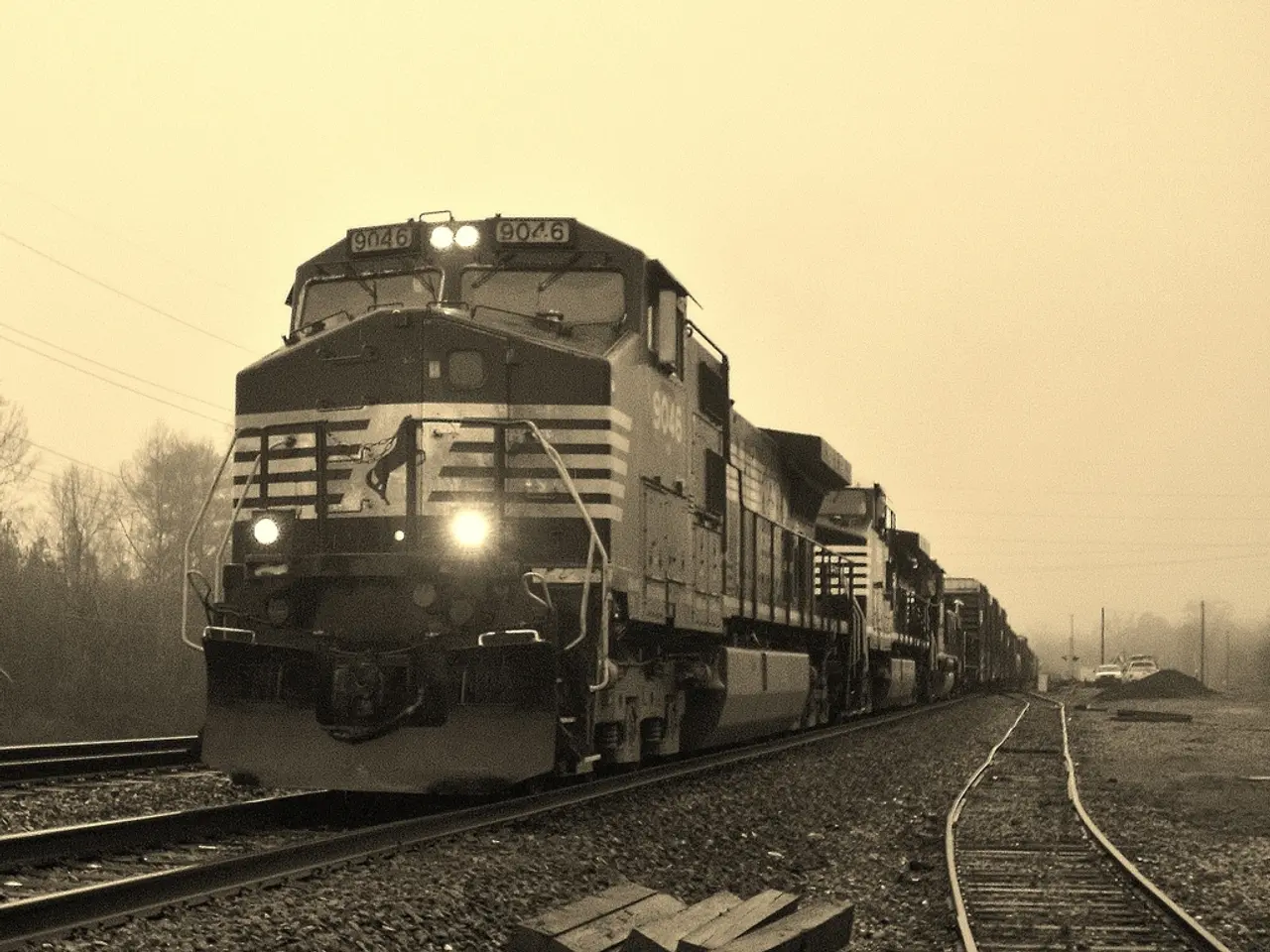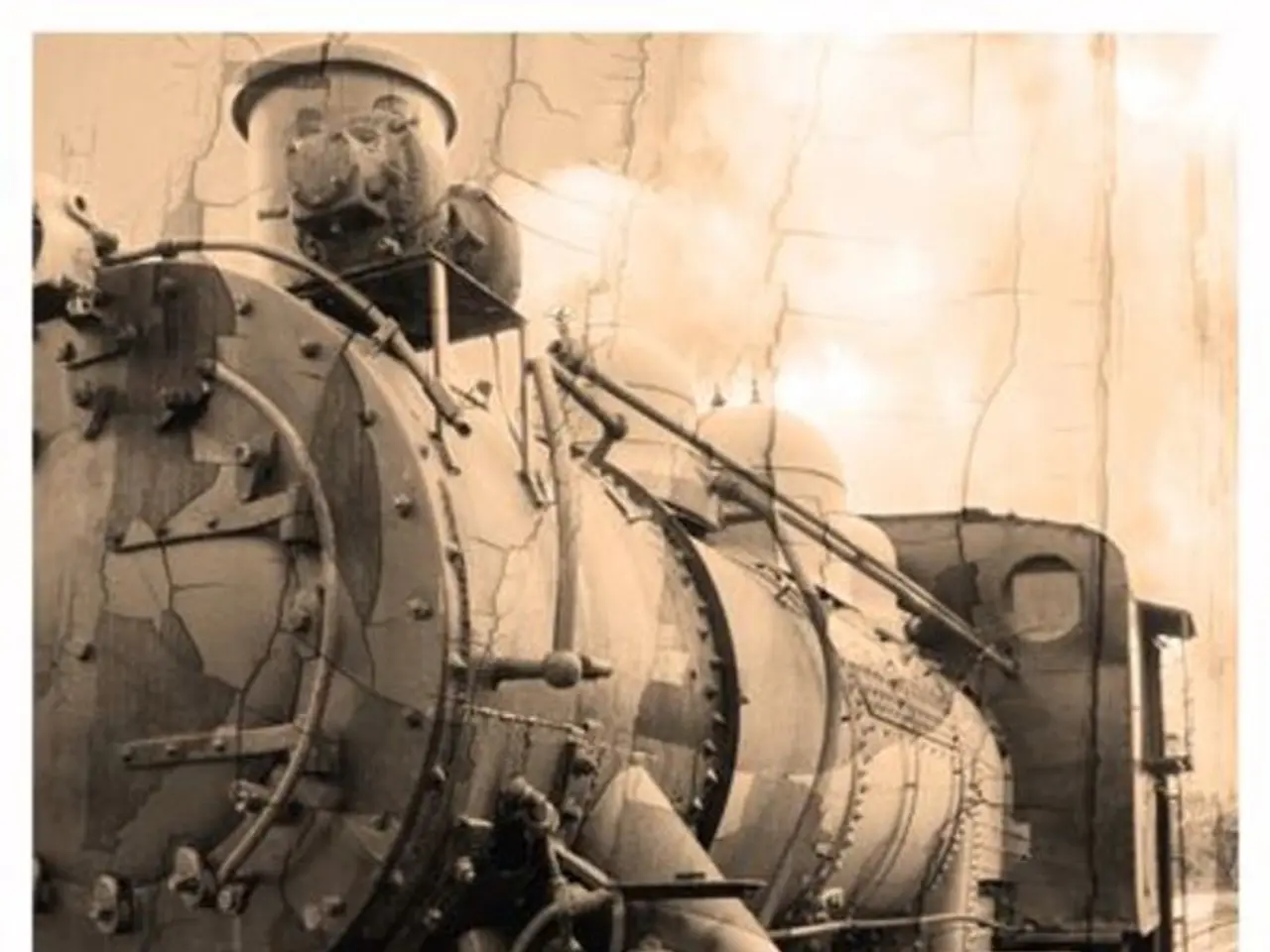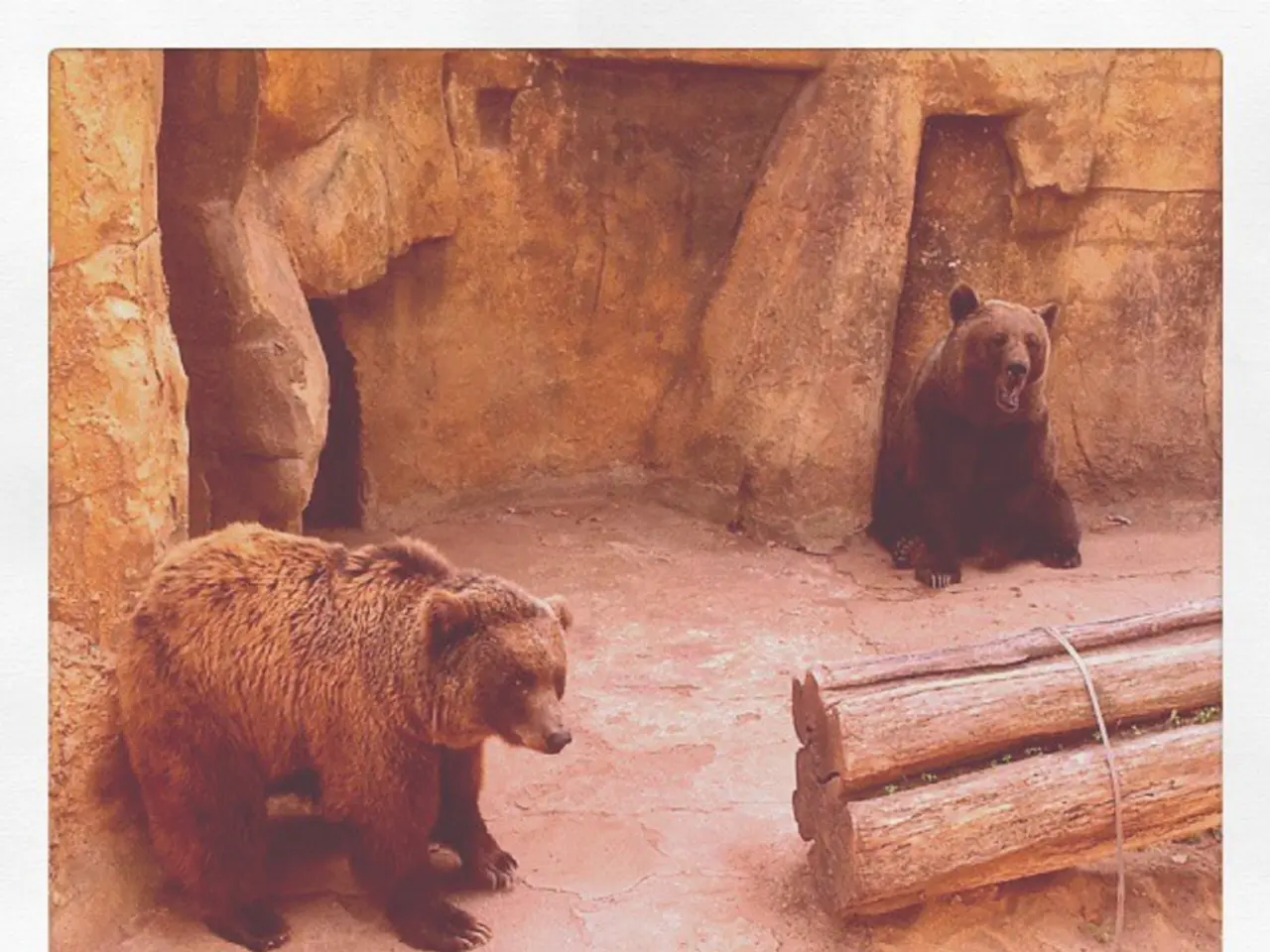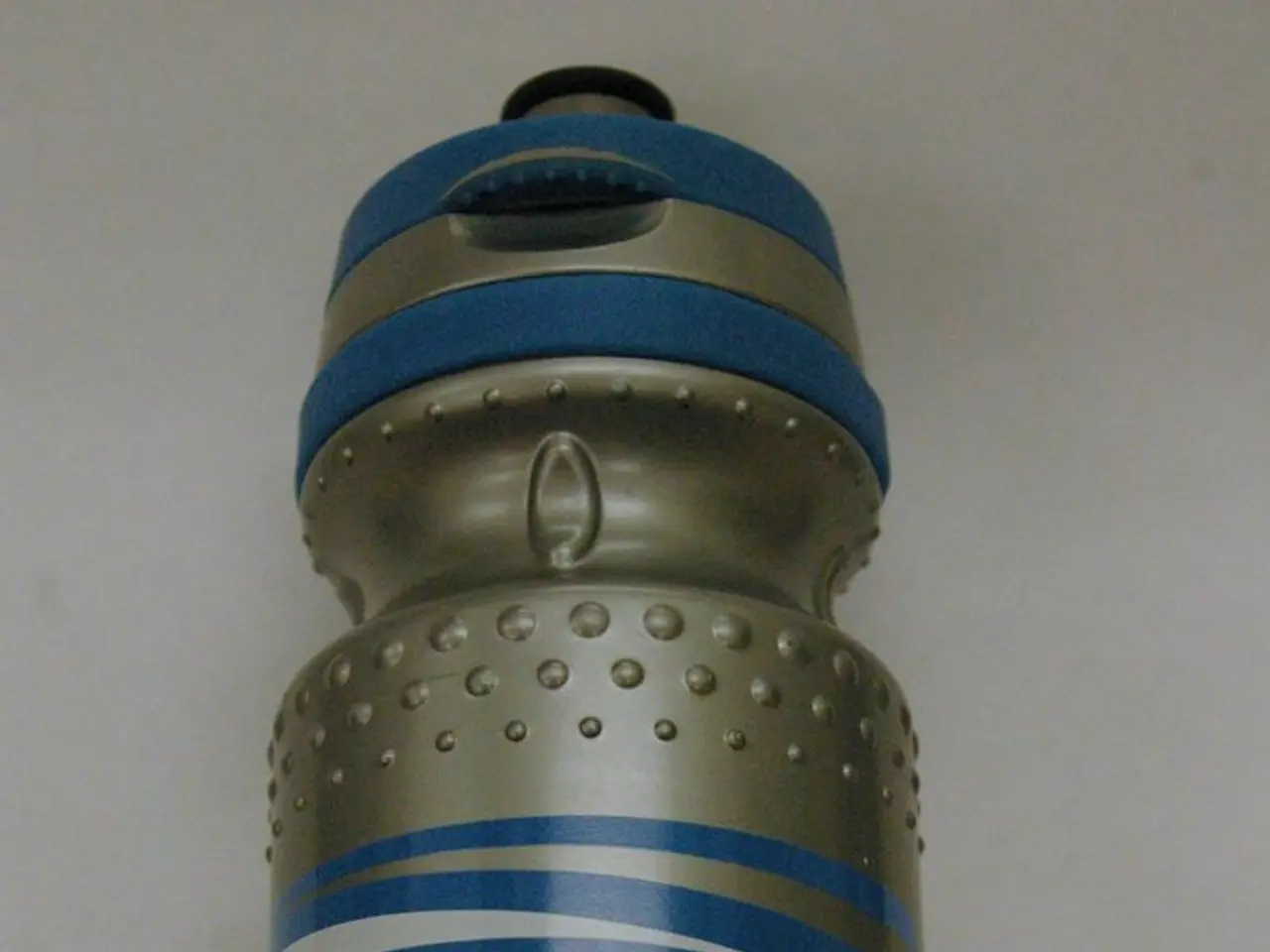Smog intensifies in Minneapolis and Chicago due to Canadian wildfire fallout
Canadian Wildfires and U.S. Air Quality Impact
The wildfire season in Canada is causing widespread concern, with over 700 active fires burning across the country as of early August 2025. The fires have already consumed more than 16 million acres, making 2025 the third most destructive wildfire year since records began in 1983.
The majority of these fires are occurring in British Columbia, Manitoba, and the Northwest Territories. The smoke from these wildfires has significantly impacted air quality in the U.S., leading to air quality alerts in at least 10 states stretching from Minnesota to Connecticut. Major cities including Detroit and Boston have experienced extremely poor air quality, with Detroit ranked as having the third worst air quality globally on some days.
The wildfire smoke has caused operational disruptions such as a ground stop and delays at Boston's Logan International Airport due to low visibility. In response, Canadian officials are coordinating fire suppression efforts with federal, provincial, and community partners, including deploying additional firefighting aircraft and issuing evacuations for affected residents.
Meanwhile, American states under air quality alerts are issuing warnings to the public about hazardous air conditions caused by the wildfire smoke. Red flag warnings and preparedness measures remain in place in some U.S. states prone to fire ignition due to dry conditions, signaling heightened alertness for potential wildfire developments there as well.
In a recent development, Republican lawmakers in the U.S. have criticized Canada's wildfire preparedness and sent a letter to Ambassador Kirsten Hillman, Canada's ambassador to the U.S.
Elsewhere, as of Saturday, Doha, Qatar, and Chicago rank fourth and ninth, respectively, in terms of air pollution. However, cities like Kolkata, India, and Kinshasa, Democratic Republic of the Congo, are more polluted than Minneapolis, which ranks as the third-most polluted major city in the world, with a PM 2.5 level of 134.
Fire weather alerts have also been issued in parts of Hawaii and Colorado. As the wildfire season continues, efforts to contain the fires and mitigate their impact on air quality will remain a top priority for both Canadian and American authorities.
The air quality in Minneapolis, particularly, has been adversely affected by the widespread wildfires in Canada, aligning with the deteriorating air quality across the Midwest. The ongoing wildfire crisis and smoke plumes have stirred debate in the scientific community regarding climate-change implications and the role of pollution in environmental-science studies.
